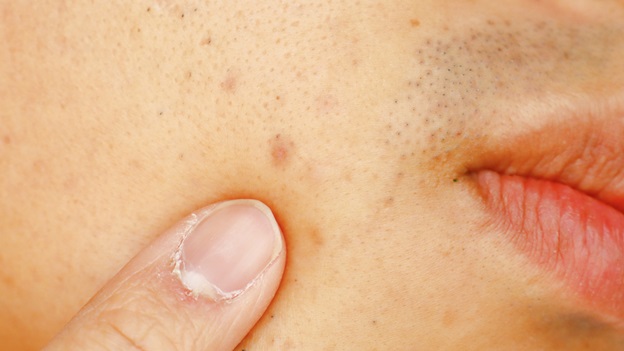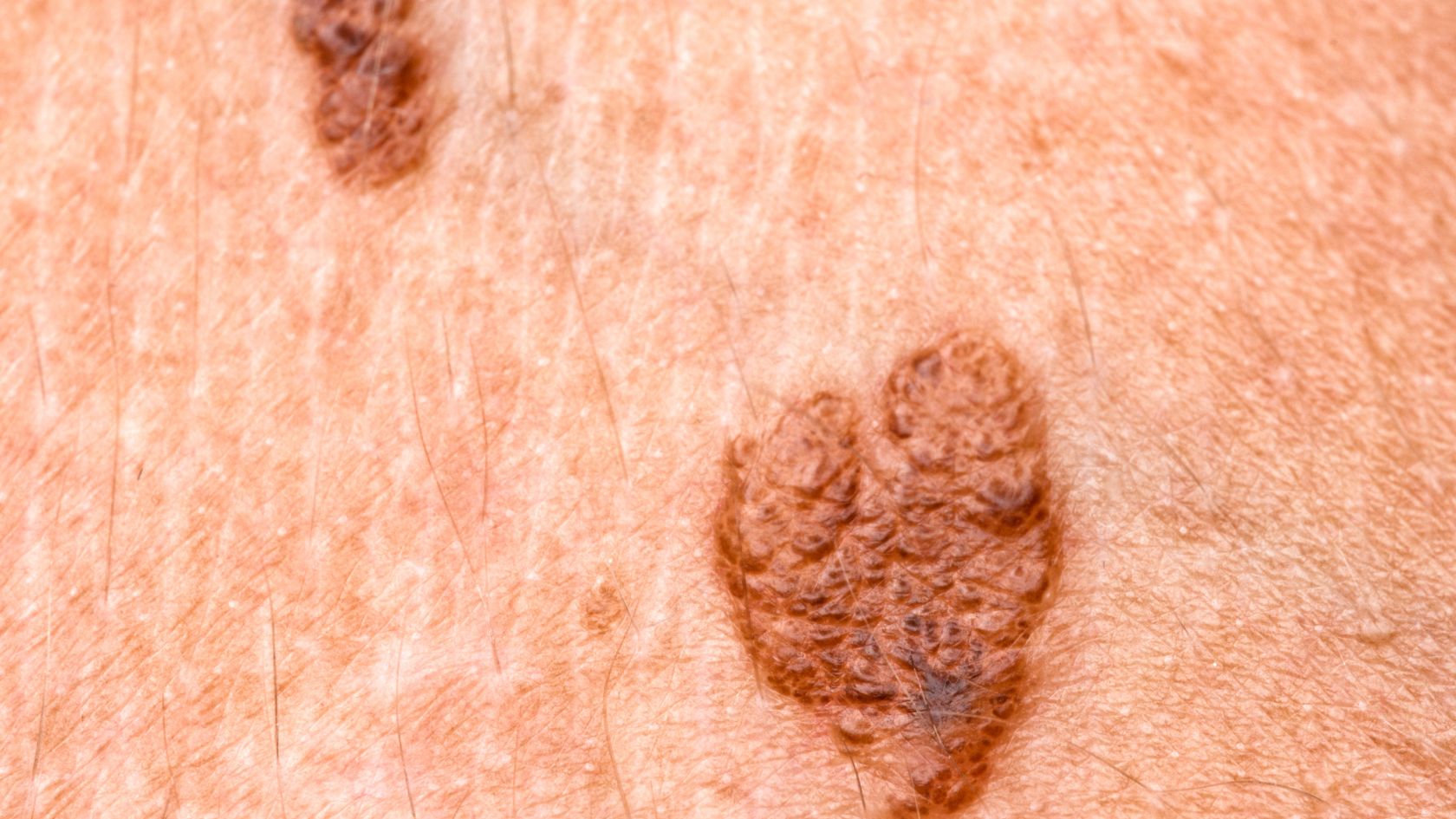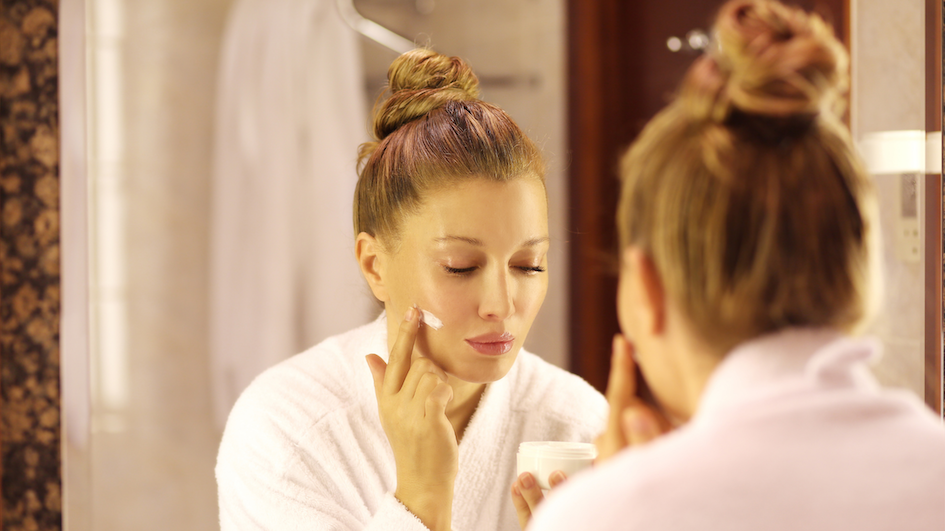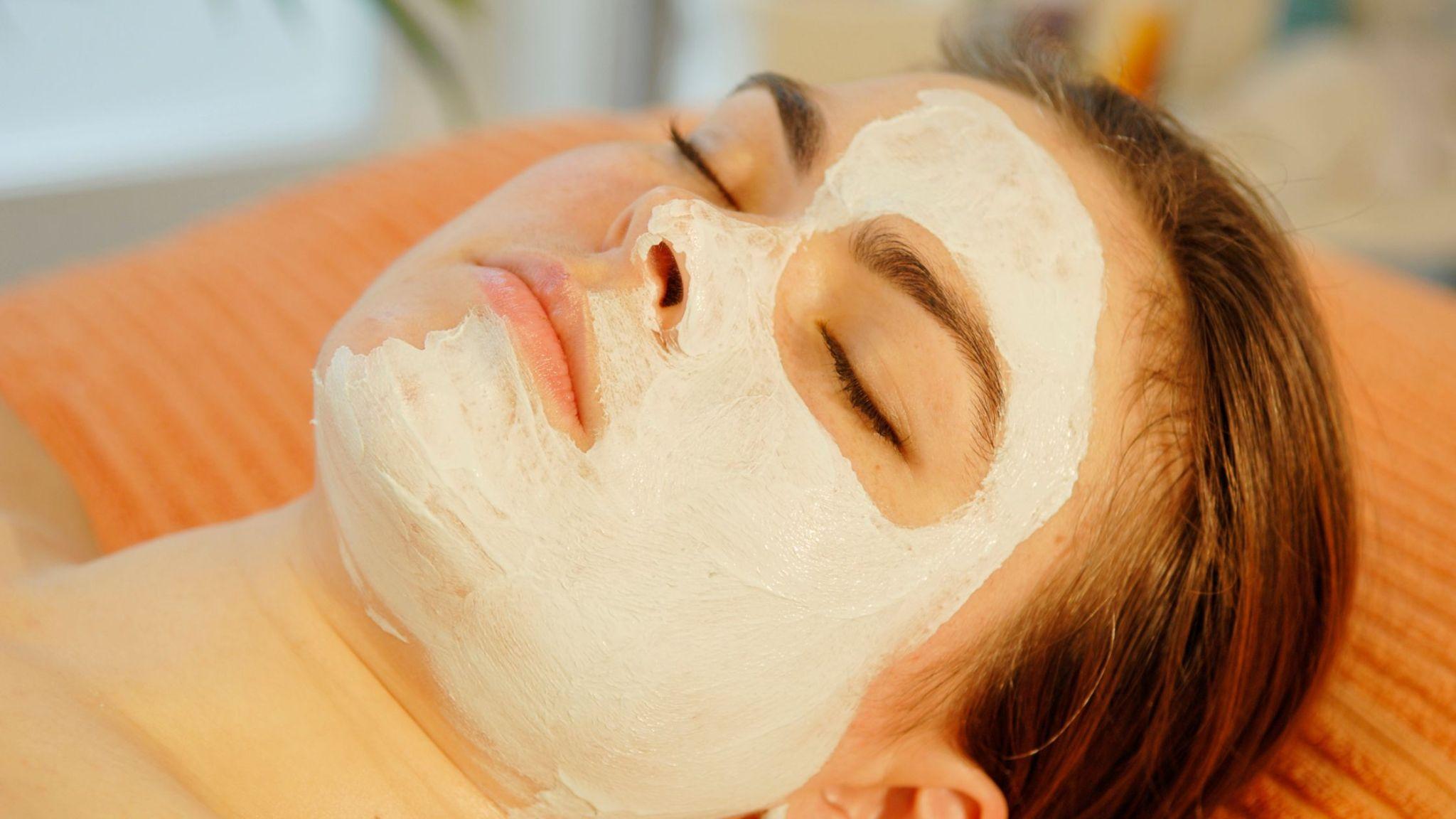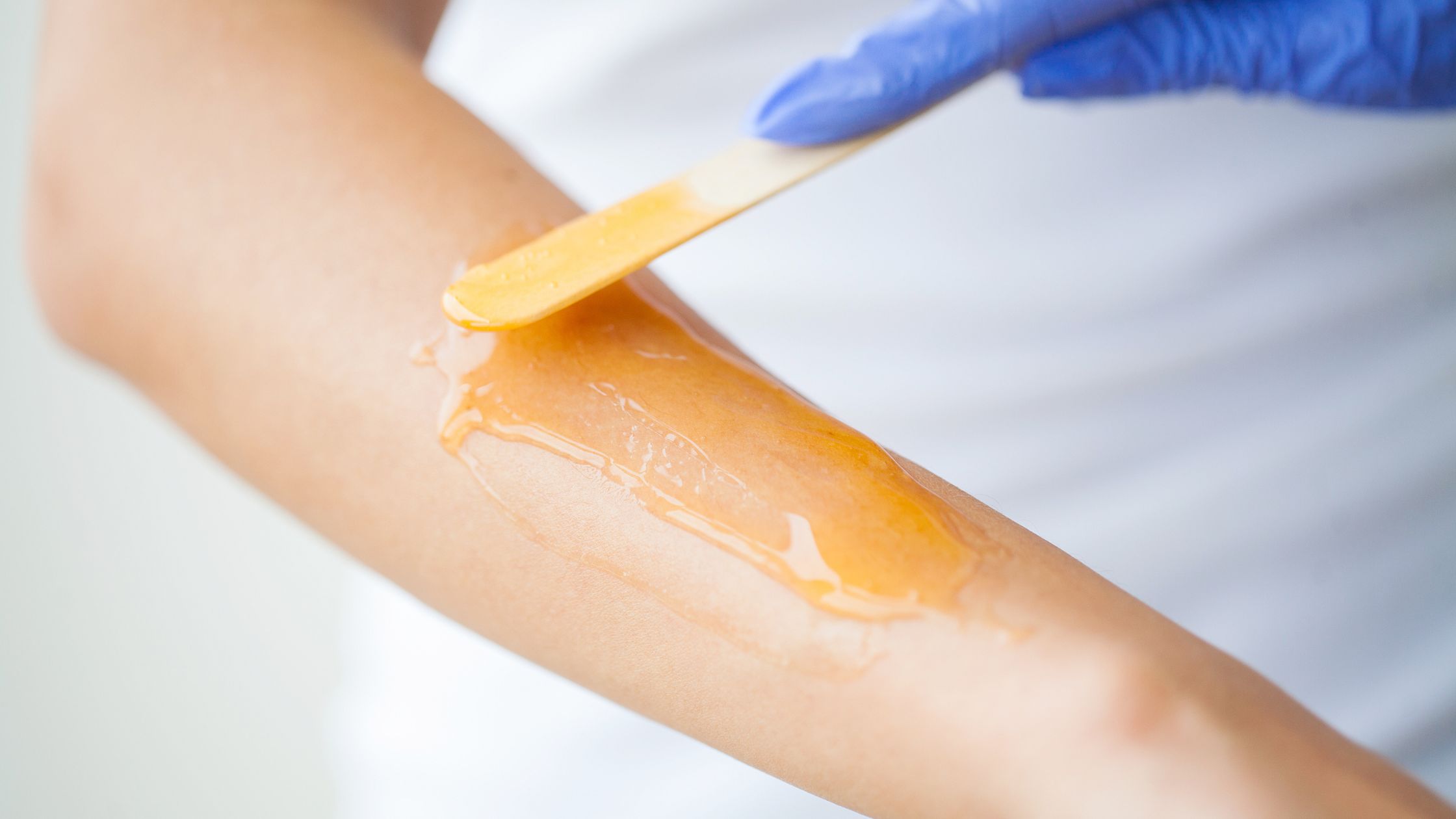Chemical peel is a common name in the world of dermatology and cosmetology. This treatment is usually performed by a dermatologist and is quite safe and effective. Interestingly, there are different types of chemical peels to treat different conditions. One such condition where the treatment is quite useful is acne scars.
Acne scars are formed after an acne breakout. And acne, on the other hand, is formed mainly due to the following:
- Excess production of oil
- Presence of bacteria
- Hair follicles getting clogged by oil and dead skin cells.
In this article, we will look into the different aspects of chemical peel for acne scars, including its effectiveness and cost.
What is a chemical peel?
A chemical peel is typically made of chemicals and acids having strong exfoliating properties. When a chemical peel is applied to your skin, it removes dead skin cells, debris, and oil to reveal smooth, clean, and newer-looking skin.
There are a variety of chemical peels ranging from a simple natural homemade peel to a medical-grade peel used by dermatologists. Before choosing any chemical peel, it is always recommended to consult a dermatologist.
Benefits of face peeling treatment
Here are some key benefits of adopting a Chemical Peel treatment –
- Completely pain-free
- Highly effective against acne scars and other pigmentation problems
- There are hardly any side effects involved in a chemical peel treatment
- The treatment is easy on the pockets and affordable for most people
- Chemical peel treatment can be performed on most types of skins
Best chemical peel for acne scars
Here are some of the best peels for acne scars based on the scar type –
1. For deep acne scars
Also known as atrophic acne scars, these types of scars look like pits or craters and form a deep indentation in the skin. They can be further classified into –
- Ice pick acne scars: almost like deep pores, narrow and small
- Rolling acne scars: doesn’t have an edge, only indentations. They are usually found on the cheeks.
- Boxcar acne scars: look like a flat-bottomed divot with raised edges.
Medium and deep peels are the best peels to treat deep acne scars. Again, the results might vary from person to person based on the depth of the scar and skin type.
2. For raised acne scars
Also known as hypertrophic acne scars, these types of scars look like bumps on the surface of the skin. They are less common. They usually form when your skin has an abnormal reaction to the healing of the injury. Unfortunately, a chemical peel might not be the best option to treat raised acne scars. There are plenty of other effective treatments that your dermatologist might recommend.
Best peel for different skin types
Here are the different types of chemical peels you can choose based on your skin type –
- Oily and normal skin – Glycolic acid is your best choice to exfoliate such a skin type.
- Skin with fading dark spots – Lactic acid chemical peel is best suited to treat this skin type.
- Sensitive skin – Phytic acid is a great option for people with sensitive skin and post-inflammatory hyperpigmentation.
- Acne-prone and oily skin – Salicylic acid is the best option to remove dirt from the pores of oily skin.
- Skin with huge pores: Mandelic acid chemical peel is ideal for this condition and skin.
How to give yourself a chemical peel at home?
Here are some simple steps to follow in case you are trying chemical peels at home –
- Clean your skin with a neutral cleanser.
- For a clean and balanced skin surface, prepare your skin with a pH solution.
- Apply the chemical peel solution starting from the forehead. Use only the amount that is specified in the product package. Avoid any contact with lips or eyes.
- Let the peel sit on for 3-10 minutes based on the instructions specified on the package. If this is your first time, stick to the lower end of time.
- Once done, wash your face with cleanser and normal water. Make sure to read the instructions before washing the face because a few peels don’t require washing. Doing so can reactivate the chemicals.
- Let your face dry. Once dried, apply a chemical-free moisturizer.
- Repeat this procedure after 7 days. It is best to stay away from the sun for 24 hours after performing a chemical peel.
Things to remember while performing chemical peel at home
- Avoid practicing physical skin exfoliation a day before and after the peel
- Do not apply the peel if the skin is inflamed
- Don’t use acne-clearing products and Retin-A for 3-5 days before and after the chemical peel.
- If your product contains a chemical called trichloroacetic acid (TCA), do not use it without any expert supervision, as it can be dangerous if used incorrectly.
Getting a professional chemical peel
Getting a chemical peel at home is easy and affordable but is not effective. Also, many things can go wrong if you choose the wrong product or perform the process in the wrong way. This is where a dermatologist can help. They will help you achieve the desired results in a short time.
A professional chemical peel treatment is customized as per the patient’s precise requirements. The dermatologist will advise you to stop using retinol products at least a week before the treatment. You might not be a suitable candidate for the treatment if you have psoriasis, dermatitis, erosion, eczema, or rosacea.
There are three different types of professional chemical peels –
1. Light Peel: This is probably the quickest chemical peel treatment, but it would require multiple sessions to get the desired results. In this, the dermatologist will peel only the topmost layer of the skin. The healing time can range anywhere between a few hours to a few days. This is ideal for mild acne scars.
2. Medium Peel: In this, the dermatologist will peel the uppermost layer and the top part of the middle skin. The healing period is longer, but this chemical peel treatment is the best option for most types of acne scars.
3. Deep Peel: In this, the dermatologist will start peeling from the uppermost layer and reach the lowermost part of the middle layer. Such deep peels require pre-treatment for at least eight weeks. The recovery time is also long. It is ideal for deep acne scars.
Based on the depth of acne scars, skin color, skin type, and other factors, the dermatologist will choose the best chemical peel for you.
How to prepare for the procedure?
If you are undergoing chemical peel treatment from a dermatologist, here are a few things you need to take care of before coming for the treatment –
- Stick to your regular skincare regime. Do not use any new skincare products, as they can irritate your skin before the peel.
- If you use retinoids regularly, make sure to inform your dermatologist. Do not start on any new retinoids a few weeks before the peel, as they are a peeling agent.
- Do not get waxed before the peel.
What to expect after the procedure?
- The end result will vary vastly and depend on the experience of the dermatologist and the type of peel chosen.
- Medium and deep peel would require multiple follow-ups.
- The treated skin may appear red for a few days.
- The skin should be moisturized either with a mild lotion or cream till the skin heals.
- Use high-quality sunscreen and avoid exposure to the sun.
- Based on the skin type, your dermatologist would instruct customized aftercare; it has to be followed strictly.
Chemical peel for acne scars – before and after
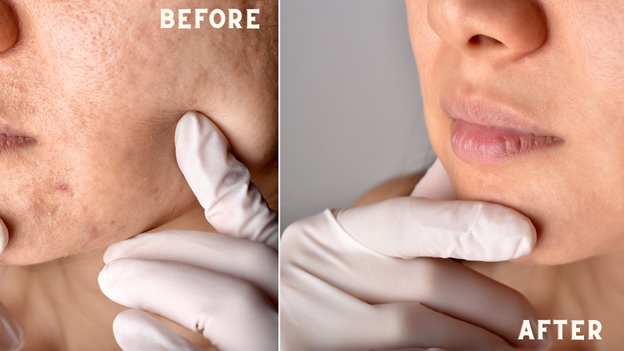
Chemical peel cost in Bangalore
Chemical peel has become widely popular in Bangalore, as it is quite effective against acne scars. The cost of the treatment can largely depend on different factors like the skin type, skin tone, area to be treated, peel used, etc. The average cost for chemical peels in Bangalore can range anywhere between ₹2,500 to ₹6,000 for each session.
Risk & side effects
Just like any other cosmetic treatment, there can be some rare side effects associated with chemical peel treatment. Choosing an experienced dermatologist can help you overcome most of these side effects –
- Redness
- Change in skin color
- Scabbing
- Swelling
- Infection
- Scarring
- Deep chemical peel, in extremely rare cases, can result in heart, liver, or kidney failure.
Conclusion
Chemical peel is an ideal treatment for acne scars. Apart from acne scars, it can also address a variety of skin conditions, including acne, dark spots, melasma, sun damage, and freckles. However, the effectiveness of any treatment depends on the experience of the dermatologist performing it.
If you are in Bangalore, then visit Dr. Renu’s clinic at HSR layout. Dr. Renu Nair has over 10 years of experience and has performed hundreds of Chemical Peel treatments in the past. To book an appointment with her, click here.
Chemical Peel for Acne Scars FAQs
- Can a chemical peel remove acne scars?
Absolutely. Chemical peel treatment, when performed by an experienced dermatologist, is quite effective in removing acne scars. However, multiple sessions might be needed to remove acne scars completely.
- Which chemical peel is best for acne scars?
It depends on a variety of factors. Light and medium chemical peels are usually best for removing acne scars.
- How many chemical peel sessions are needed for acne scars?
It depends on the chemical peel chosen. For instance, if you choose medium peel, it will take at least 3 sessions in a gap of 4 weeks.
- Do chemical peels permanently remove scars?
In most cases, chemical peels will remove scars permanently. However, if the scar is deep, some of it might be left behind.
